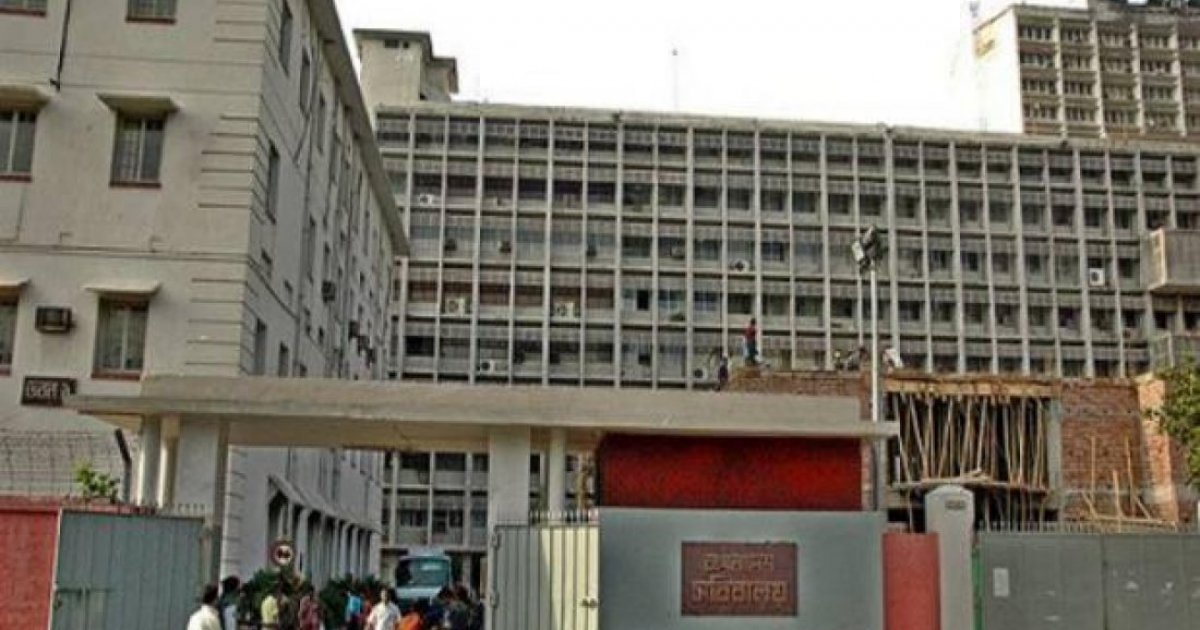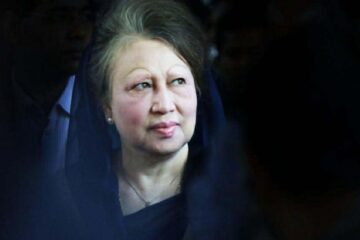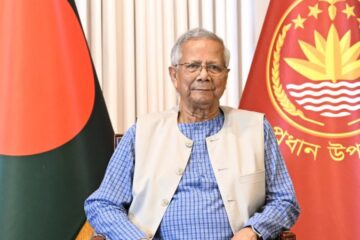Bangladesh’s civil administration is facing growing internal unrest as contractual appointments continue to dominate senior positions, sidelining career officials and disrupting promotion pipelines across key ministries.
Currently, at least 20 ministries and departments, including the Cabinet Division and Ministry of Public Administration, are headed by secretaries serving on contract.
Even the Superior Selection Board (SSB), which oversees promotions, includes four contractual members out of seven, according to senior officials.
“This imbalance is eroding morale,” said one official, speaking anonymously.
“Many of these appointees returned after years away from the mainstream, yet they now influence postings, promotions, and policy decisions—often without understanding current administrative realities,” he told UNB.
Government data confirms that 71 senior officers are serving at secretary or senior secretary level, including 20 on contract.
Among them are Cabinet Secretary Dr Sheikh Abdur Rashid, Principal Secretary M Siraj Uddin Mia, and Public Administration Senior Secretary Ehsanul Haque.
Others include senior officials posted abroad, such as Dr Md Mahfuzul Haque in Portugal and Begum Sharifa Khan at the World Bank.
Administrative expert AKM Abdul Awal Majumder acknowledged that while some contractual officers are performing well, many are failing to deliver.
“This system blocks the advancement of capable career officers,” he said.
“The administration must prioritize regular promotions to restore discipline and continuity.”
Insiders say several contractual secretaries continue to operate with outdated methods and have formed tight networks around their BCS batch (1982), limiting opportunities for younger officers.
The fallout is visible across ministries, where frustration is mounting over stalled career growth and lack of transparency.
Political influence remains a persistent concern.
Following the July uprising, confrontations erupted during Deputy Commissioner (DC) appointments, including one incident where a senior official was allegedly locked inside a washroom.
Allegations of irregularities and financial dealings have surfaced against former Public Administration Secretary Dr Mokhles Ur Rahman, who was later transferred to the Planning Commission and replaced by another contractual officer.
The Ministry of Public Administration has not gone a single day without a secretary in nearly two decades. However, the recent month-long vacancy in the Secondary and Higher Education Department highlights growing strain in staffing key positions.
Officials warn that the rising number of reappointments is undermining trust within the civil service.
A shortage of skilled officers at the field level, especially for DC roles, underscores the urgent need for structural reform, merit-based advancement, and a clear roadmap for administrative renewal.



